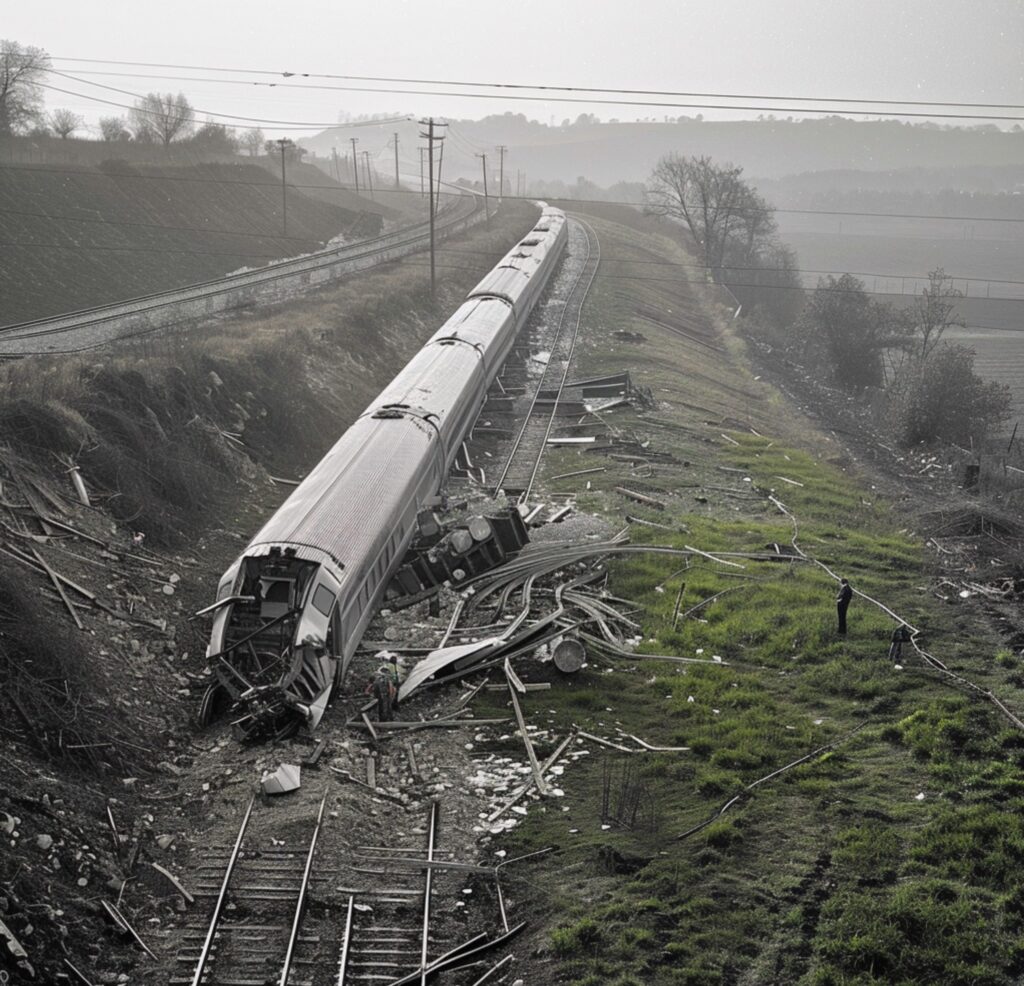Don’t let “what must get done” starve all the oxygen in your organization for discussions of “what if?” and even “why not?” for what’s next. “What’s possible?” is a critical conversation in a changing world that leaves “what is” behind on an hourly basis.
We urge you to regularly set aside time with your fellow leaders and teams to ask, “What new possibilities do we want to create together going forward?” or more simply, “what if?”
- If we could be more candid with one another, what elephants could we finally name and address? How much freer would we feel if we were less afraid of one another? What if we could more readily admit when we were lost or confused or wrong, rather than feeling compelled to pretend to know what’s going on?
- What if we could disagree without it feeling like an insult or a threat? What if, as leaders, we modeled healthy dissent to our teams, so they didn’t reinforce silos or actively sabotage others?
- If we could actually prioritize—that is, remove work from our to-do list, rather than heap more on without a clear rationale—what would happen as a result? Could we deliver better work? Would we have the space to learn and improve faster? Could we invest in our well-being, and show up with greater resilience when haste is genuinely called for?
- What if we tried something that we weren’t sure would succeed? What frontiers have we been afraid to explore because they represented real chances for failure, but also true opportunities to learn and grow? What would it feel like, as a team, to band together in that risk?
- What if for every “that’s the way we do things here” way of working, we tried something new for a week? Could experiencing new norms give us an opportunity to discuss expectations and reset our goals? Could successfully changing some small habits open up possibilities for bigger changes?
- What if we decided to put an end to talk without committed action for next year? What would happen if we committed to removing every barrier (within our control) that prevents us from doing our best work? Or, why not commit to making just a few changes that we’ve been talking about for years? If we made it our mission to bring a handful of our teams’ suggestions to life—even as a prototype—in six months, what would happen?
We invite you to use these questions as thought-starters, and of course to add ones that will provoke and inspire your team. You may find it helpful to conduct a variation on a “positive pre-mortem,” which focuses only on the ideal end results, and works backwards to determine what you’ll need to do to achieve those desired outcomes.













